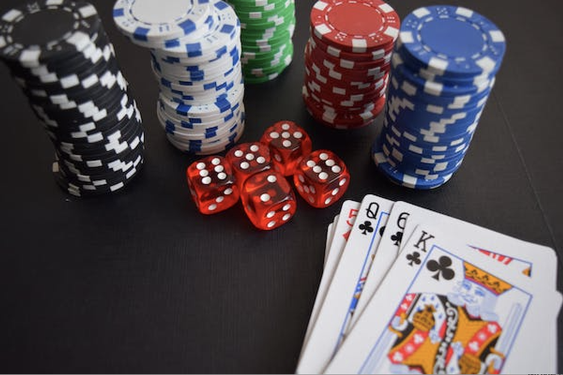These opponents are known as calling stations because they call just about every bet and raise. It is almost impossible to run these types of players off a hand.
But that doesn't stop even the best players from trying.
With the blinds at $200-$400 at last year's Five Diamond World Poker Classic at the Bellagio in Las Vegas, a player with a reputation as a calling station drew pocket 6s and raised to $1,200. Gabe Thaler, a talented young cash-game pro who won more than $200,000 in tournaments in 2005 and made a World Series of Poker final table in 2004, called with 9-7 suited.
“I called it because we both had a bunch of chips – $40,000, $50,000,” Thaler says.
The flop came 3-10-8, rainbow, giving Thaler an up-and-down straight draw and a backdoor flush draw. His opponent bet out $2,000. Thaler called on the value of his draw.
The turn came the 10 of spades, pairing the board and making a full house possible.
“He checked,” Thaler says. “So now I'm going to take one shot at it because if he's unpaired, he's going to give up now. If he has A-K or K-Q or two of the big cards, he's going to give up now. I bet $5,500 and he called it. I'm thinking he has second pair, a small pocket pair. I know he's a bad player and I know he wants to call, but he's not going to call me unpaired. That wasn't his M.O.”
The river came the 10 of diamonds, which is the worst card for Thaler's bluff because it makes a full house for any pocket pair. His opponent checked, and Thaler fired at the pot again, this time making a bet of $12,000.
“It's not really a bad play,” Thaler says. “Most people won't make that bluff, so any reasonable player is probably not going to call the $12,000 on the river, because I can have any pocket pair now. I can be betting with any hand now because it doesn't look like he has a 10 because he checked with three 10s on the board, so I can be betting second pair and he can't beat it. If I had 9s, I'd bet two 9s on the turn also.”
But he tried to bluff the wrong player.
“The river is the worst card for me to try to get him to throw his hand away because it improved his hand,” Thaler says. “It was a really bad bluff. I broke the first rule of poker for about the millionth time in my life: Don't bluff the live one. Don't bluff the live one because they want to call. I should've just given up, but I don't have a lot of give-up in me.
“I can't win if I check. I have zero chance of winning, and I don't like having zero chance of winning. I could've picked a better number. I could've bet $6,000. It's probably the same as $12,000 if he's going to call.”



